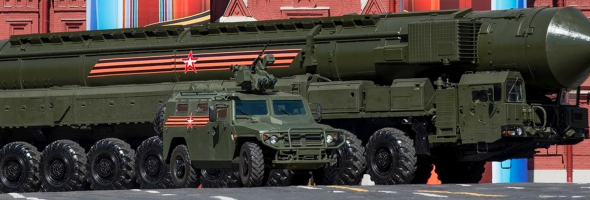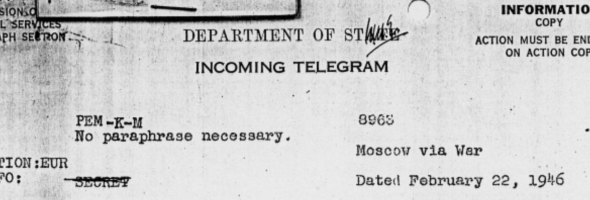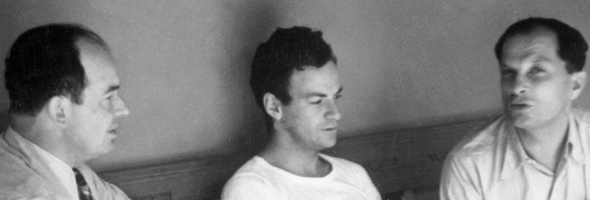An Arms Race is a Hall of Mirrors
But [Enrico] Fermi and [Isidor Isaac] Rabi also condemned their friend Edward Teller’s Super [hydrogen bomb design] in the strongest language that appears anywhere in the nine pages of the GAC [General Advisory Committee] report. “Necessarily such a weapon goes far beyond any military objective and enters the range of the very great natural catastrophes. By its very nature it cannot be confined to a military objective but becomes a weapon which in practical effect is almost one of genocide. “It is clear that the use of such a weapon cannot be justified on any ethical ground which gives a …



